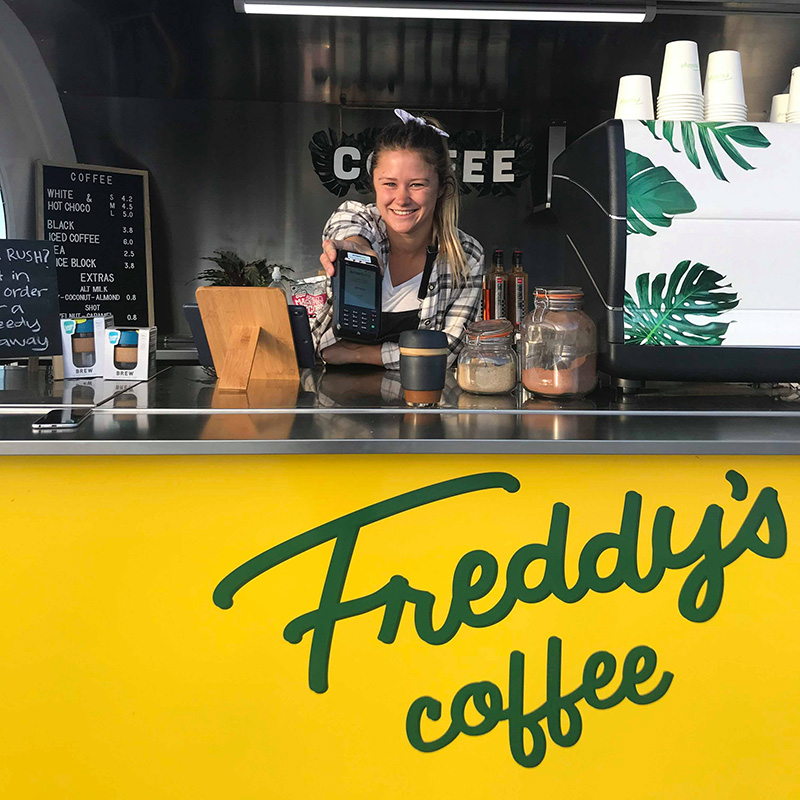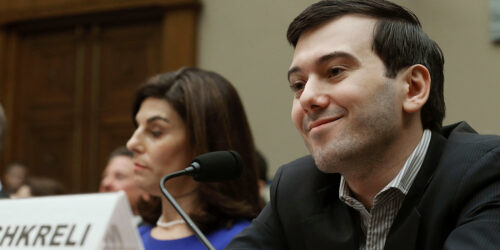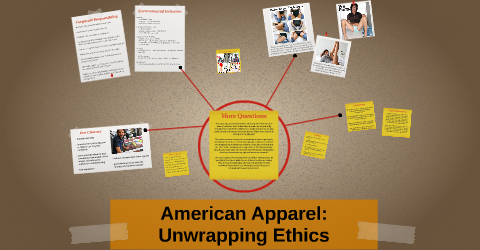Freddy’s Coffee Shop – Case Study Analysis

Freddy’s Coffee Shop – Case Study Analysis
Introduction
Freddy’s Coffee Shop is a Chicago-themed coffee shop in Bangladesh, Dhaka. It is owned and managed by Karim Chowdhury with his brothers-in-law. The coffee industry in Bangladesh keeps on emerging and growing. Thus, the management team is searching for alternative ways to have new revenue streams despite having a good name in the coffee area. The research team will provide a management analysis using Porter’s Five forces to understand the competitiveness of the coffee business sector to determine the next strategic potential profitability. The analysis includes competition in the industry, potential of new entrants into the industry, power of suppliers, power of customers and threat of substitute products.
Competition in the Industry
Below is the list of Freddy’s Coffee Shop’s direct competitors:
- North End offers high quality coffee beans selling coffee beans to many coffee shops. They put their focus on their coffee beans and offer a variety of caffeinated drinks including espresso drinks, mochas, flavored lattes, and iced lattes, along with cookies, pastry items, a handful of sandwiches, and a variety of other desserts. They don’t offer discounts to maintain the high-quality value of their product and believe that if you do offer discounts it makes your product seem cheap and undervalued.
- Gloria Jeans is more of a one stop shop offering a wide array of options from dinner, lunch, dessert, and café drinks. They also offer lots to do while dining there, free Wi-Fi, an outdoor seating zone, computer facilities, television facilities, conference rooms, and a spacious atmosphere. With all these amenities in their café they are known as the largest café in the city of Dakha.
- The Coffee Bean and Tree Leaf differs themselves by offering flavored coffees, blended coffees, flavored lattes, and a range of flavored teas along with also offering gourmet breakfast, dinner, lunch, and bakery options.
- Second Cup offers discounts that is one thing the other coffee shops don’t offer such as the super saver midday deal and a student deal. They also offer a diversified menu with premium coffees, teas, frozen yogurt, pastry, and other savory options. The other shops don’t have advertise or have frozen yogurt and options.
As a result, competition in the industry: High.
Threat of New Entrants
There is fierce competition in the coffee industry in Bangladesh. In the last 12 years, 100 to 120 coffee shops which also include international brands opened in the country, and it’s increasing year by year based on the following reasons:
- There are hardly any barriers to entry for potential new entrants.
- Opening a coffee shop business doesn’t require massive investment, so capital requirements are low
- There is little to no government policy, or any legal regulation discouraging new entrants, unless they’re illegally sited or not registered as tax-payer legal entities.
- The coffee industry is currently in the growth stage in Bangladesh, so the market is not saturated. This encourages and appeals to potential brands contemplating to enter into coffee business.
- The access to distribution networks is easy for newbies, they can easily set up some distribution channels and start the business.
- Freddy’s only offer a small product range, so it has inadequate product proliferation. This can be beaten by new entrants easily.
As a result, threat of new entrants: High.
Bargaining Power of Consumers
According to the Porter’s five model, the bargaining power of consumers or buyers is the ability of consumers to affect how company’s price their products, adjust the quality of their products, and provide better customer services. Additionally, what determines the level of bargaining power of consumers are the number of buyers available, the consumer’s knowledge about the product or service the cost of switching from one company or product to another and the ease or ability for consumers to backward integrate.
- The World Bank in 2016 declared that the income level in the country increased to a middle-income from a low-income country. As such it gives customers more power to decide what coffee and where they want to make the purchase. The case also revealed that consumers now had more money to spend. This also meant that consumers could now make their purchases in high volume.
- There were many competitors entering the market which gave consumers other options to choose from. As a result of the increased level of income, consumers had the option of turning to more convenient and easily consumable food. According to Banu. et al (2018) 100-120 coffee shops were established over a 12-year period creating more competition and options for consumers.
- Even though the number of consumers was huge, consumers still demanded good quality coffee; however, tea will always be a substitute for coffee.
- The cost of switching from one coffee to another was not high. For example, Second Cup who entered the market in 2016 also providing special and student deals which is one of Freddy’s major consumer groups and in the same geographical location.
- Coffee consumers were able to purchase coffee packs in supermarkets which made it possible for consumers to backward integrate. These coffee packets were sold by Nestle at a cheaper price which helps to decrease the switching cost for consumers.
- Freddy’s coffee shop had to tailor their price for their coffee and other products for them to capture the attention of various consumers which include not only businesspeople but college students.
- The amount of profit Freddy’s coffee shop makes is highly dependable on its consumers. Take for example their 2nd location in Dhanmondi, they were unable to reach the desired goal as they did not receive anticipated high foot traffic or consumer into the shop to make purchases which in turn affected the level of profit gained.
- Coffee itself is an undifferentiated product and as such it allows for the bargaining power of consumers in the industry to be high.
Based on such information and the information stated in the case, we believe that the bargaining power of the consumers: High.
Threat of Substitute Products
A substitute product refers to the existence in the market of alternative products or services that can satisfy a particular need of consumers because they have characteristics like that of the product or service under study.
Substitute products or services are a benefit for consumers because it allows them to have alternatives and purchase options; However, this poses a clear threat to companies because it affects their profitability since the greater the number of substitutes, the lower their market share and earnings.
In this case, the main substitute product for Freddy’s Coffee Shop is Tea due to its tradition and preference for the inhabitants of Bangladesh during previous decades. In addition to other beverages such as hot chocolate, juices, water, energy drinks, yogurt, soft drinks, and others that satisfy the same needs of their consumers in quenching their thirst.
Freddy’s Coffee Shop is a cozy place where its customers frequent it not only to enjoy a delicious cup of coffee but also to eat their desserts, cupcakes, snacks, and have a pleasant and relaxing time. Therefore, pubs, restaurants, local bakeries, and international fast-food chains stand out as substitute places for consumers who want to satisfy their need for a pleasant and relaxing time outside the work environment and from their homes.
The availability of Substitute Products and Services is high because they can find anywhere in Bangladesh. The price of substitute products such as Tea, Water, and other beverages is lower than the cost of coffee supplied by Freddy’s Coffee Shop.
In conclusion, the threat of substitute products and services: High.
Bargaining Power of Suppliers
Opposite to the bargaining power of the buyers, the bargaining power of suppliers addresses the ability of suppliers to increase prices, lower quality, and reduce the available quantity of the products. As there is an increasingly high demand for coffee shops, the bargaining power of coffee retailers like Freddy’s coffee shops is strong against their suppliers especially when there are many suppliers to buy from. In the case of Freddy’s Coffee Shop :
- There are many suppliers in the market.
- The costs from switching from one supplier to another are low
- Freddy’s coffee shop could have multiple suppliers at the same time.
- Many coffee retailers (such as North End) can make their own coffee beans, which are the main ingredients of the coffee. Freddy’s coffee shop could do the same.
- The availability of substitute products is high
- As Freddy’s Coffee Shop expands its business. The sales level of the shops could improve its bargaining as their suppliers would compete to get the right to supply the coffee.
As a result, bargaining power of the suppliers: Low.
Conclusion
Applying the Porter Five Forces model to the industry belonging to Freddy’s Coffee Shop existing in Bangladesh will identify the degree of competition, opportunities, and threats to develop strategies to counteract threats and take advantage of current opportunities.
Our group identified that the level of competition in Bangladesh for Freddy’s Coffee Shop is high due to the increase in popularity of this drink in the last decade with Western customs to the country thanks to globalization.
Our group determined that the threat level of new market participants is high, due to the arrival of approximately 120 restaurants that provide the same service in the last decade, and the facilities and few restrictions for new foreign competitors who want to enter to Bangladesh market.
We conclude that the consumer’s level of negotiation is high, mainly due to the increase in the GDP of the inhabitants of Bangladesh and the great variety of alternative products and services offered by the competition that allows the consumer to compare the product and service of Freddy’s Coffee Shop and make your purchase decision based on quality and your degree of demand.
Our team determines that the suppliers’ bargaining power is low due to many existing coffee suppliers coming from countries such as Brazil and Indonesia.
Our team concluded that the threat of substitute products and services is high due to the wide variety of alternative coffee products at lower prices such as tea, water, hot chocolate, soft drinks, and other beverages on the market; as well as the great variety of substitute places to spend a pleasant time such as restaurants, pubs, local bakeries, and international fast-food chains.





